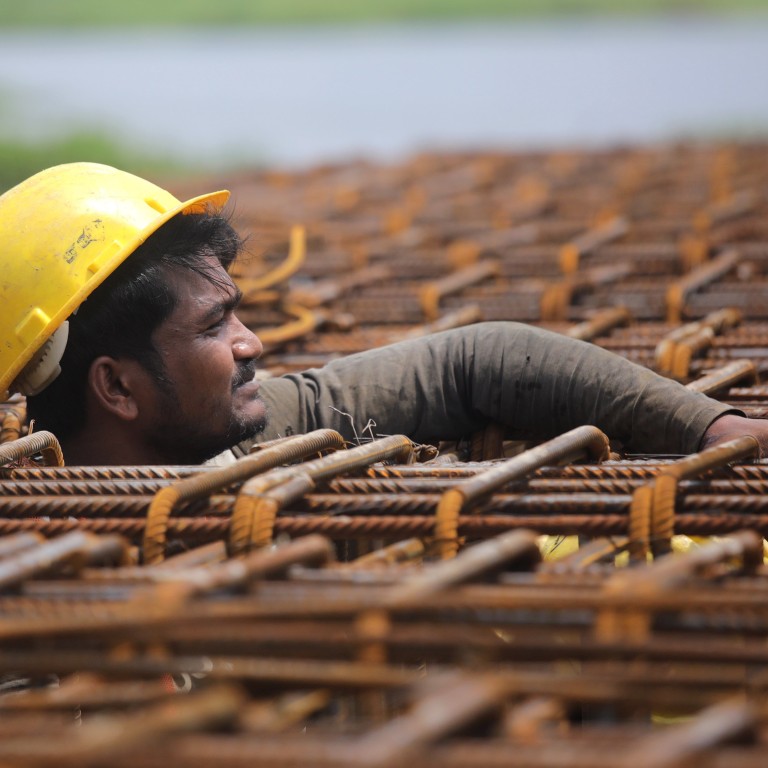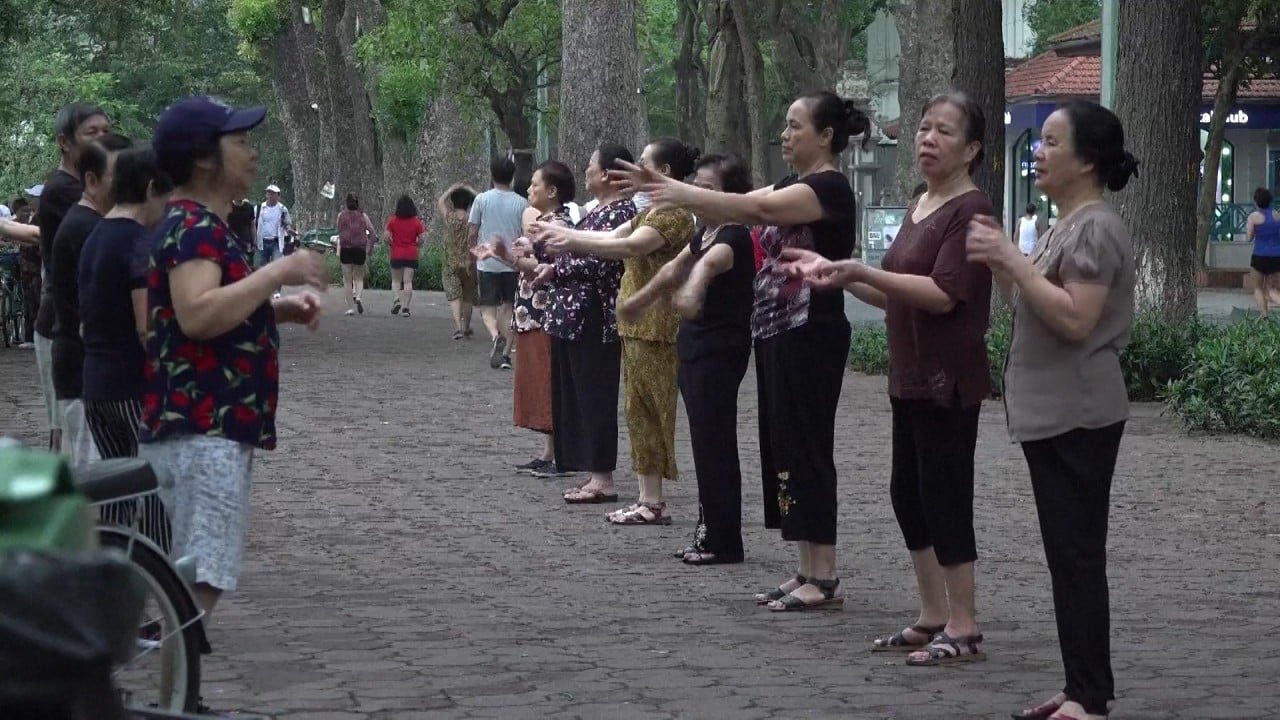
Asia-Pacific workers deserve decent jobs, healthcare and social protection
- Faced with the challenges of climate change, ageing populations and digitalisation, governments must act urgently to protect their workforce
- Active labour market policies, universal healthcare and social protection are all needed if countries are to avoid losing their engine of growth
Most of the 2.1 billion-strong workforce in the Asia-Pacific are denied access to decent jobs, healthcare and social protection. However, there are policies and tools governments can use to remedy these deficiencies and ensure the rights and aspirations of these workers and their families are upheld, and that they remain the engine of economic growth for the region.
While 243 million more people were pushed into poverty during the pandemic, it is estimated that up to half of all people in the region had already been surviving without cash, a third without necessary medicine or treatment, and a quarter without enough food, at some point. This can not only lower productivity, which has fallen below the global average, but also tax revenues and future economic output.
With more than half of all people being excluded from social protection, pandemics, disasters, economic downturns, or normal life events – such as falling ill, becoming pregnant or getting old – often have a detrimental impact on households’ well-being and life prospects.
Population ageing means that the number of older people will double by 2050, making policies to support active and healthy ageing ever more urgent.
None of these vulnerabilities is inevitable. With the right policies, the region’s workforce can become more productive, healthier and protected.
First, active labour market policies, through lifelong learning and skill development, can support a green and just transition into decent employment and improve access to basic opportunities and adequate standards of living.
Harnessing synergies between active labour market policies and social protection can help workers upgrade their skills and transition into decent employment while smoothing consumption and avoiding negative coping strategies during spells of unemployment or other shocks.
Second, extending social health protection to all can significantly improve workers’ health, income security and productivity. Covid-19 showed the weakness of a status quo in which 60 per cent of the region’s workers finance their own healthcare and receive no sickness benefits.
Third, a basic package of universal child, old age and disability social protection schemes, set at global average benefit levels, would slash regional poverty by half.
Such income security would improve the workforce’s resilience. Extending social protection to all requires an increase in public spending of between 2 and 6 per cent of GDP, an investment well worth its cost.
What Asia-Pacific must focus on in its post-pandemic recovery plans
Action is long overdue. The policy recommendations set out in the “Social Outlook” report are a priority for most countries in the region. They require bold but necessary reforms. For most countries, these reforms are affordable but may require a reprioritisation of expenditures and tax, supported by tax reform.
Armida Salsiah Alisjahbana is a UN undersecretary-general and executive secretary of the Economic and Social Commission for Asia and the Pacific (ESCAP)




